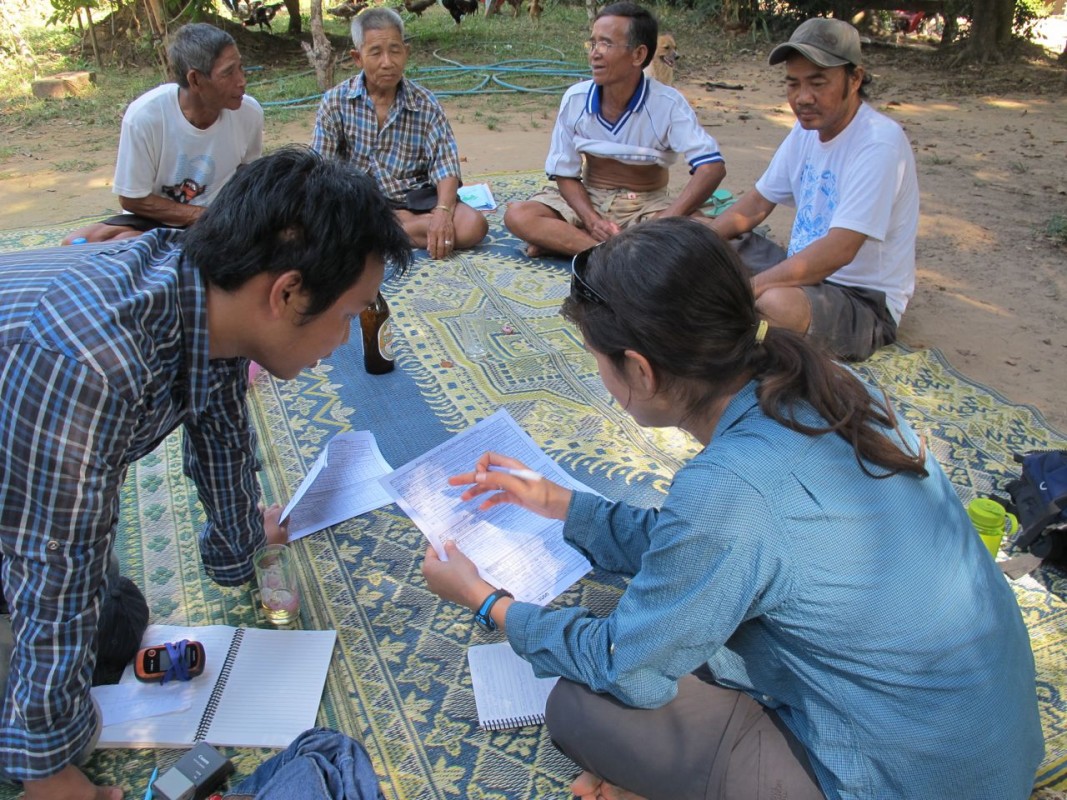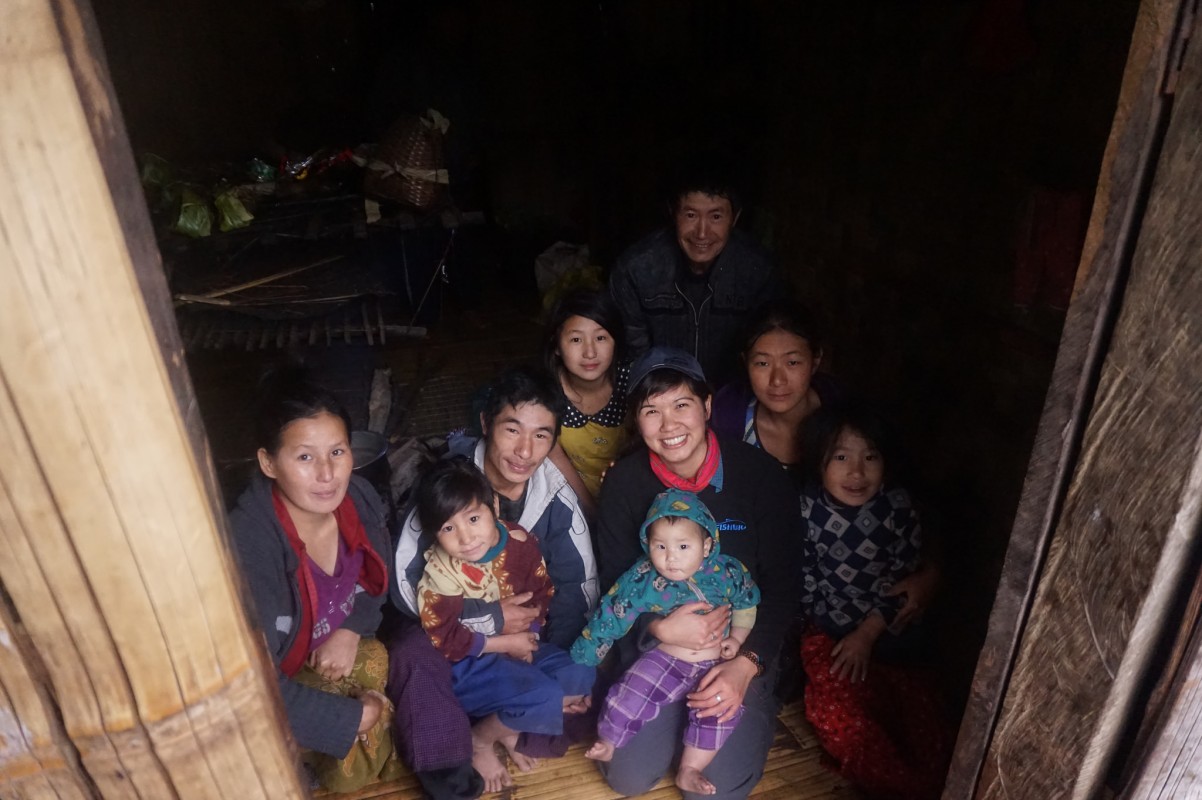 Today I work for a small fisheries consulting company called FISHBIO, which allows me to wear multiple hats as part of my job. It’s a style that fits my personality and helps me explore and combine my different interests, including science, conservation, and writing.
Today I work for a small fisheries consulting company called FISHBIO, which allows me to wear multiple hats as part of my job. It’s a style that fits my personality and helps me explore and combine my different interests, including science, conservation, and writing.
My job title is Communications Director, and most of my work is related to science communication. I spend most days at the computer, where I write and edit stories for the company’s website and newsletter, update our social media posts and help edit technical reports and proposals for funding.
I also work on education programs, including making presentations at schools, and help write scripts or conduct interviews for videos.
Studying Protected Areas
FISHBIO mostly studies freshwater fish in California, with a focus on salmon, but we also have an international program that is mostly focused on the Mekong River in Southeast Asia. For the science and conservation side of my job, I help manage projects in Southeast Asia, including planning activities, organizing workshops, and every once in a while, going into the field to talk to fishermen and see some fish!
A lot of my science and conservation work focuses on aquatic protected areas. These are areas in an ocean, river, or lake that protect fish from fishing or other kinds of harvest – similar to how animals and plants are protected in a National Park on land.
I first started studying marine protected areas in the ocean during graduate school, and when I started working in Laos in Southeast Asia, I was excited to discover that freshwater protected areas exist in the rivers there! My work has involved helping communities establish freshwater protected areas in Southeast Asia, and also developing methods to test how well these protected areas are working.
Making an Impact
 I have traveled to work in Laos, Cambodia, and Myanmar in Southeast Asia, and one of my most exciting experiences combined both fish conservation and science communication.
I have traveled to work in Laos, Cambodia, and Myanmar in Southeast Asia, and one of my most exciting experiences combined both fish conservation and science communication.
I trekked to remote villages in northern Myanmar as an advisor for a group interested in setting up freshwater protected areas. We hiked for two days into the mountains to reach communities at the edge of the Himalayas, and I provided advice about how the villagers could conserve their fish populations. My colleague and I also filmed the whole trip, and we later made a documentary to share our experience of this fascinating place that so few people have visited.
I feel like my work makes an impact in two ways. One is the direct impact on the ground, by actively working with communities to conserve fish populations and to learn more about fish. The other is a broader impact of using communication to raise awareness about the issues I work on and to help people learn about, and hopefully care about them.
My Advice
My advice on choosing a career path would be to spend time figuring out what you love and why. It’s a question that only you can answer. The “why” is important to narrow down your interests to something specific, and figure out how to translate them into a job, especially when you want to juggle multiple career fields.
An important trait for both science and science writing is being able to think critically and to learn how to ask questions about the world and people around you. Learning to ask “why” and “how” are important skills that will keep you constantly moving forward on a path of discovery.








